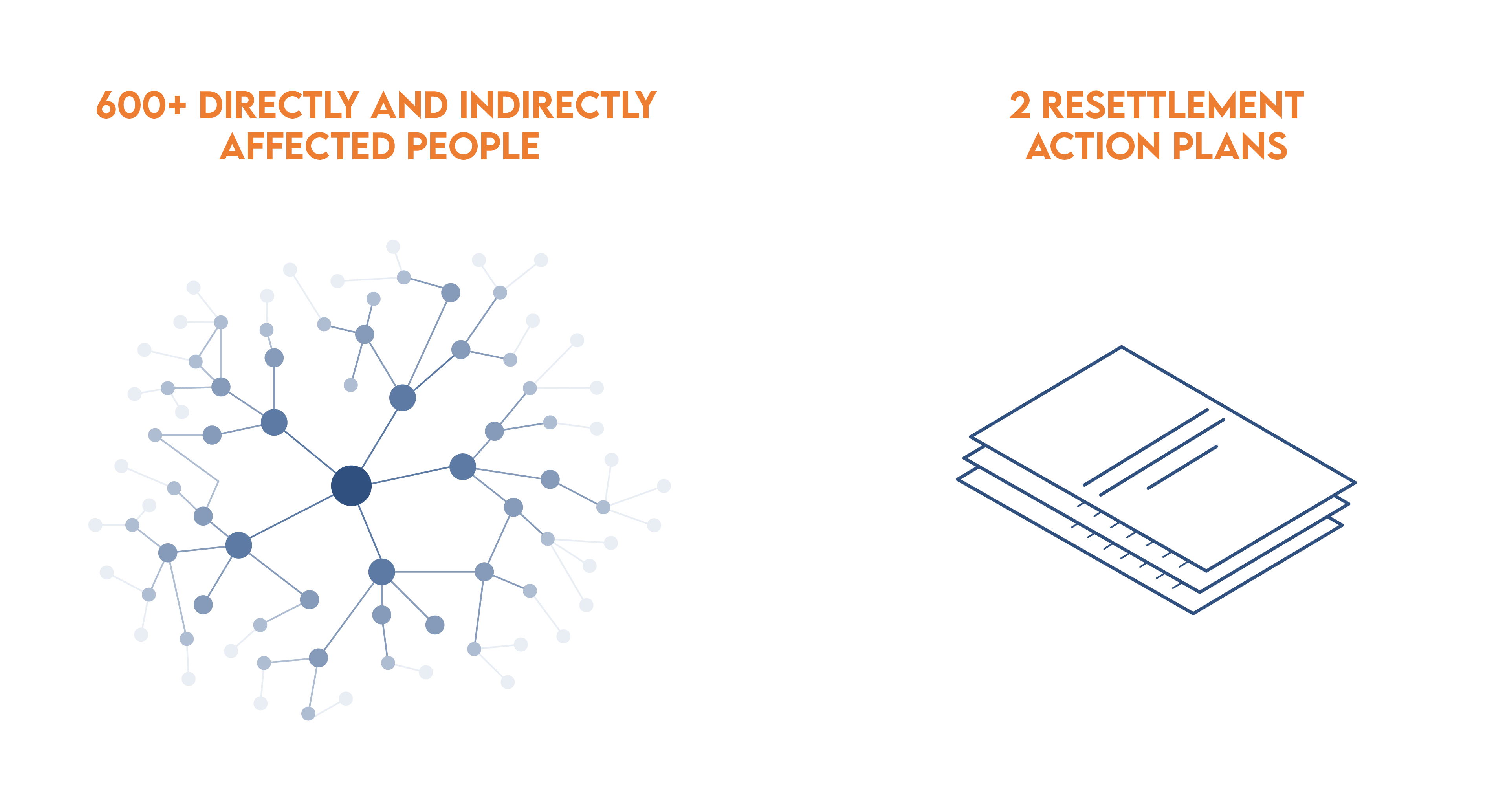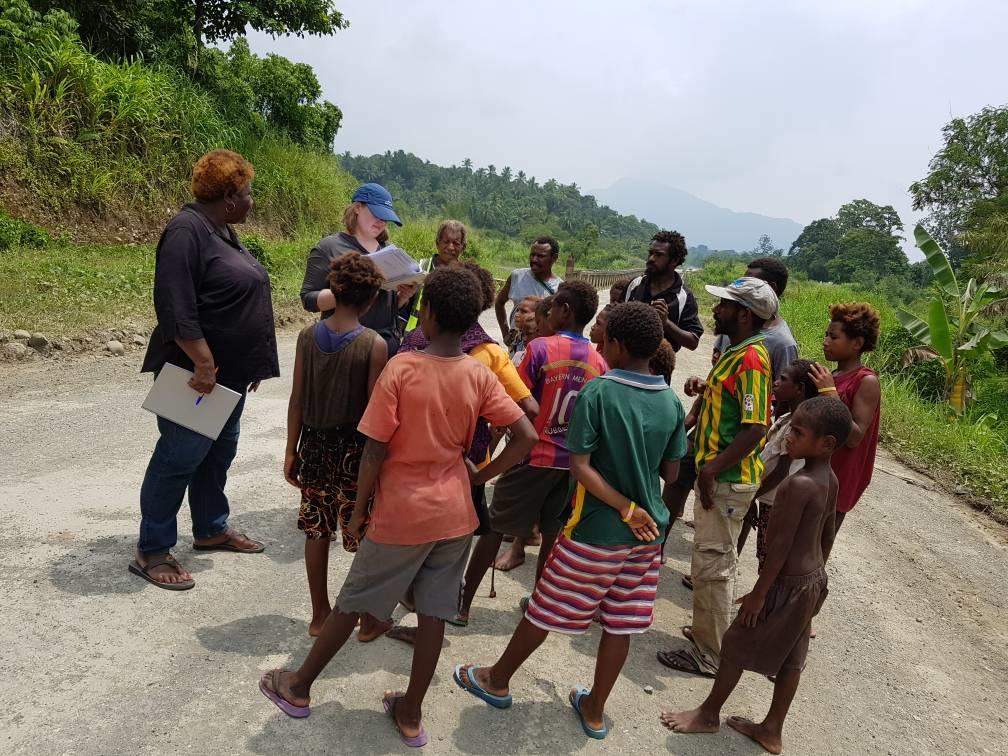The project Implementation Support for the PNG Rural Bridges, funded by the EIB with a budget of EUR 3 million, and implemented by NTU from 2017 to 2022, supports the construction of 9 new bridges in Papua New Guinea's rural areas, thus facilitating an improved access to markets and social services for the country's rural population. In line with EIB and ADB social safeguards, the project includes the preparation and implementation of the Resettlement Action Plans (RAP). Resettlement can be very challenging, both for those being resettled and for those designing and implementing the process. However, managed properly, it results in long-term benefits for affected communities. However, these benefits can only materialise if there is upfront investment in listening to and involving affected people so as to find solutions that meet their needs. Within the land acquisition process, over 100 people are directly impacted (and over 500 - indirectly) by the project due to removal/relocation of assets including trade stores, market stalls and gardens. NTU is in charge of managing and monitoring RAP preparation and implementation.

How we are doing it
NTU verified and updated the 2 Resettlement Action Plans (RAP) against the Legal Framework for Resettlement in PNG and included the EIB Social Standards, in order to guarantee that best practices are followed. Efficient and clear communication is paramount for the resettlement and compensation process. In this project, NTU implemented participation mechanisms to discuss with local communities and stakeholders the project and the modalities of the resettlement plans. Through community-based consultations, meetings with the affected people and socio-economic surveys, NTU guarantees that everyone is on board and empowered. A complaints register is kept updated to guarantee that all disputes are addressed following the resettlement plans and that workshops are giving to the rural communities.
The RAP covered the impacts on the Ramu and Sepik Highways’ project; relevant laws and regulations; socio-economic profiles; land acquisition, compensation and entitlements; disclosure of information and public consultations; grievance mechanism; implementation and monitoring of the budget and schedule.
NTU is supporting the overall monitoring and evaluation process to ensure that the resettlement action plan is implemented according to the EIB and ADB social safeguard guidelines, that the project-affected populations receive full compensation, and that their living conditions are improved, or at least restored to their prior state.
Impact
The bridges, as part of a longer-term development strategy to enhance connectivity between rural and urban PNG, will ultimately result in improved market links and access to a wider range of goods and services for all people living in the road catchment area. Additional benefits to the affected communities would include:
- Opportunity to invest compensation in clan-based activities such as social support for pre-school children and elderly clan members to ensure greater levels of social inclusion and maintain clan social cohesiveness.
- Employment opportunities may be offered to affected population by the contractors that not only bring extra income, but also give an opportunity to acquire non-agricultural skills without having to leave the local community.
- Through livelihood improvement trainings, affected land-users will have the opportunity to learn experientially how to diversify crop production possibly with newer and higher yielding varieties or different cropping regimes and improve upon traditional land management practices.

